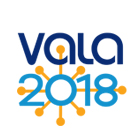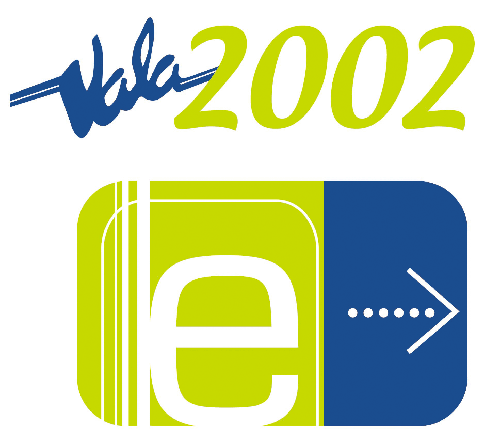
Can archives fly? Delivering Australian archives to researchers
VALA2018 CONCURRENT SESSION 5
Tuesday 13 February 2018, 14:45 – 15:15
Gavan McCarthy and Peter Tonoli
University of Melbourne
Please tag your comments, tweets, and blog posts about this session: #vala2018 #s12
Abstract
This paper outlines the rationale and initial development of a service that will allow digital materials held by archives to be delivered, via request through an online form, to researchers anywhere in the world. Rather than attempting to provide access to privacy and rights-compromised materials in an online environment, the delivery of derivative copies of these types of unpublishable materials directly to the researcher, under clearly-articulated conditions, helps deal with a range of onerous technical and administrative issues. The process supports, rather than complicates, researcher information transfer needs while meeting the custodial obligations of the information provider.

This work is licensed under a Creative Commons Attribution-NonCommercial License.

